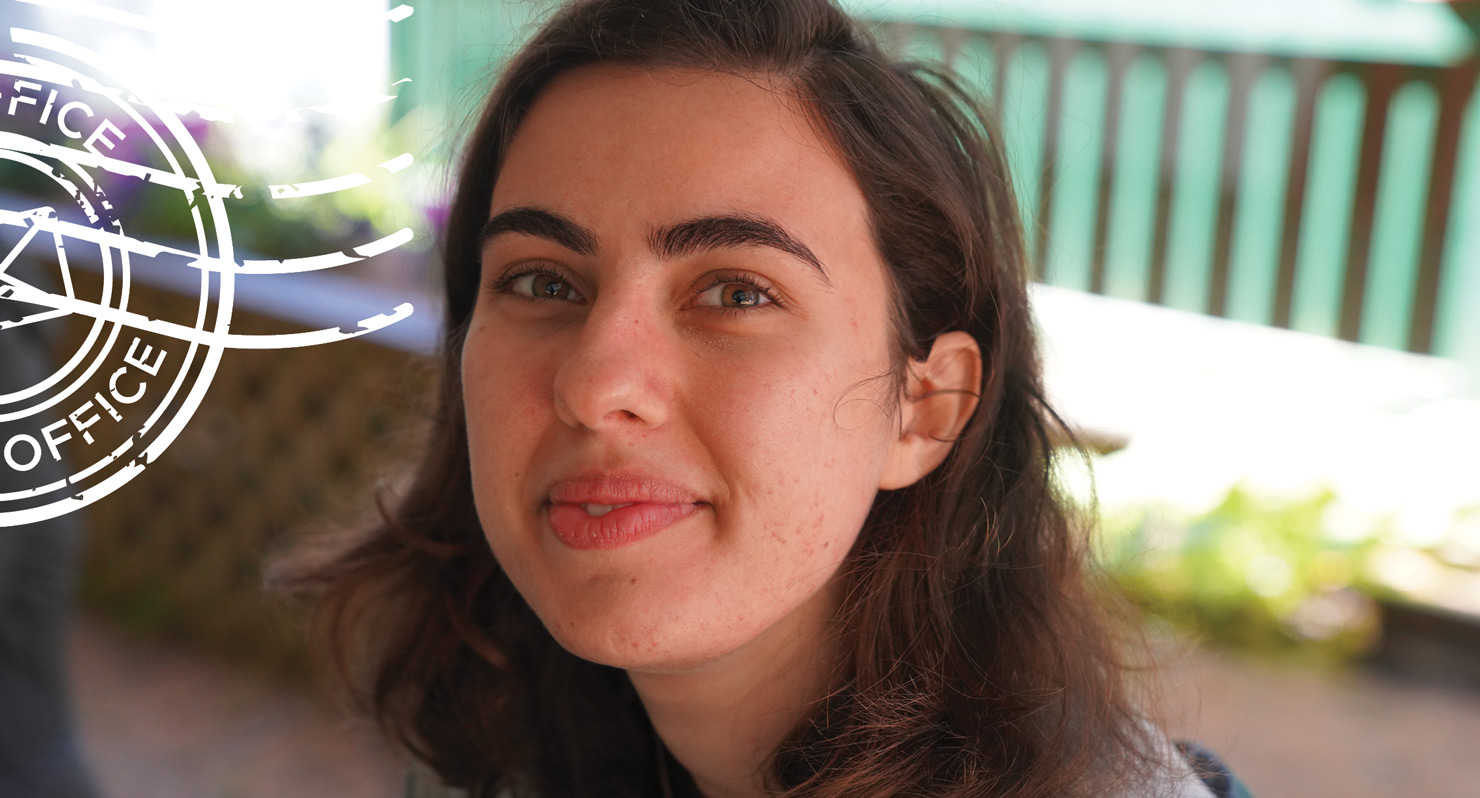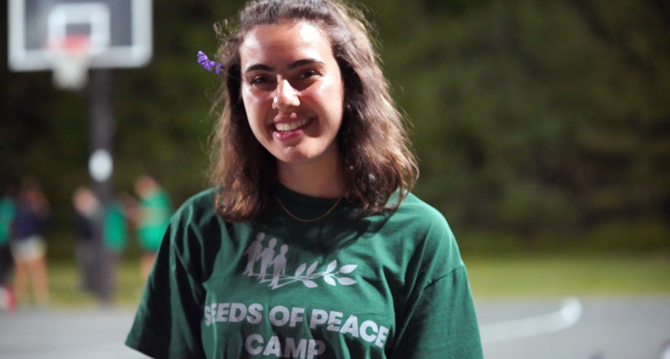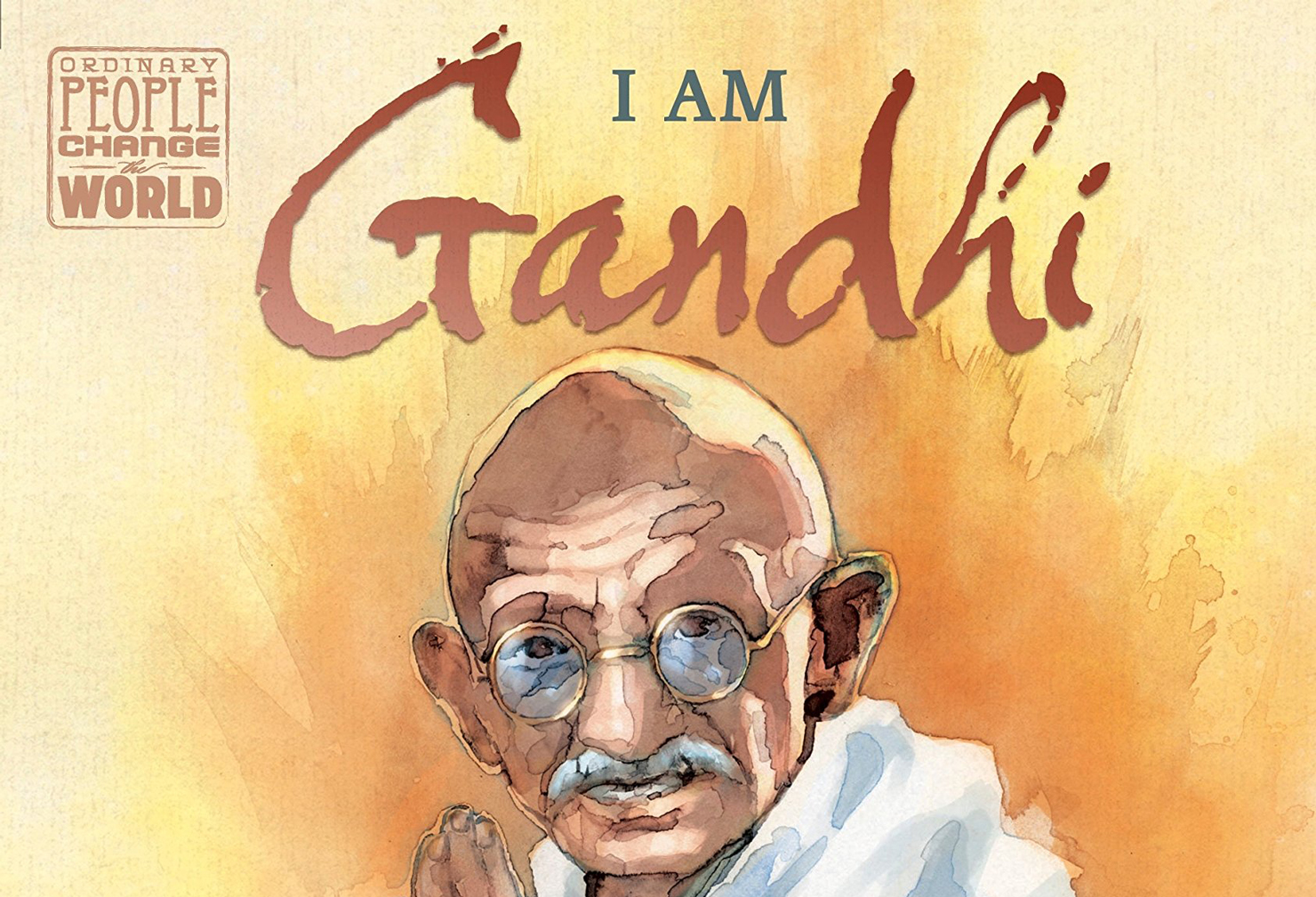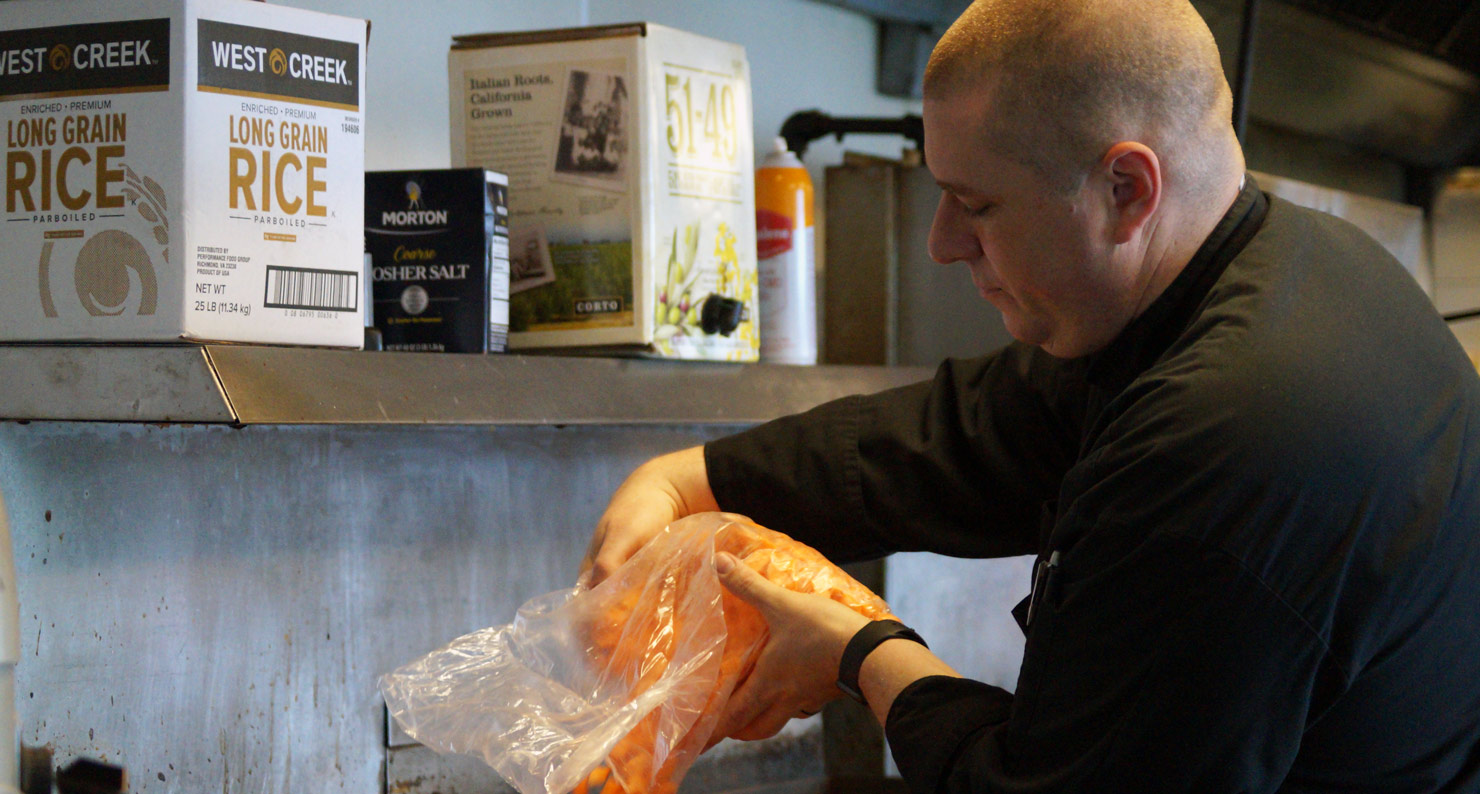Featuring top international designers for a month-long international benefit exhibition including Adidas, X-Large, X-Girl, Stussy, 2K and other premier streetwear companies
New York opening, Saturday, December 7th at Halcyon in Brooklyn and simultaneously at five locations worldwide
NEW YORK | T-Fund is proud to announce the 2nd Annual T-Fense World Tour 2002, a charity benefit involving 18 hip streetwear labels, each designing a limited edition hand signed and numbered T-shirt around the theme of Global Peace with all proceeds to benefit Seeds of Peace, one of America’s most respected charitable organizations. The event will bring together New York’s top artists, designers, DJs, and urban trendsetters to help raise money and awareness for the cause.
The four-week exhibition will kick off with five simultaneous opening receptions on Saturday December 7th in Brooklyn, San Francisco, Pasadena, Berlin and Tokyo. At Brooklyn’s Halcyon Saturday night opening, top New York guest DJ Kenny “Dope” Gonzales will spin with other surprise guests throughout the evening. The exhibition will also feature one-of-a-kind pieces created by some of the world’s hottest artists and designers assembled by each host gallery. The $35.00 T-shirts will be sold at each location and available for purchase online at www.karmaloop.com.
T-FUND is a New York based not-for-profit corporation formed by halcyon owner Shawn Schwartz and T-Fense curator Ben Ewy. T-Fund’s mission is to finance and produce events like the T-Fense World Tour 2002 that raise funds and awareness for specific charitable organizations whose programs address the concerns of global youth culture. T-Fund projects draw together a worldwide community of small business innovators, independent artists, freelance designers and DJs. T-Fund serves as a facilitator, providing an inroad for established charities wishing to align themselves with the next generation of volunteers and donors.
HALCYON is Brooklyn’s world-renowned DJ Lounge/Coffee Shop/Record Store/Mid-Century Modern Furniture atelier. Halcyon has earned its reputation as an epicenter of NYC’s underground community since opening in 1999.
ADDRESS: Halcyon, 227 Smith Street, Brooklyn, NY
DATE: December 7, 2002
TIME: 7 p.m.
LOCATION: Brooklyn, NY
CONTACT: Jason Charles | (212) 614-1514 or jasoncharles@earthlink.net






